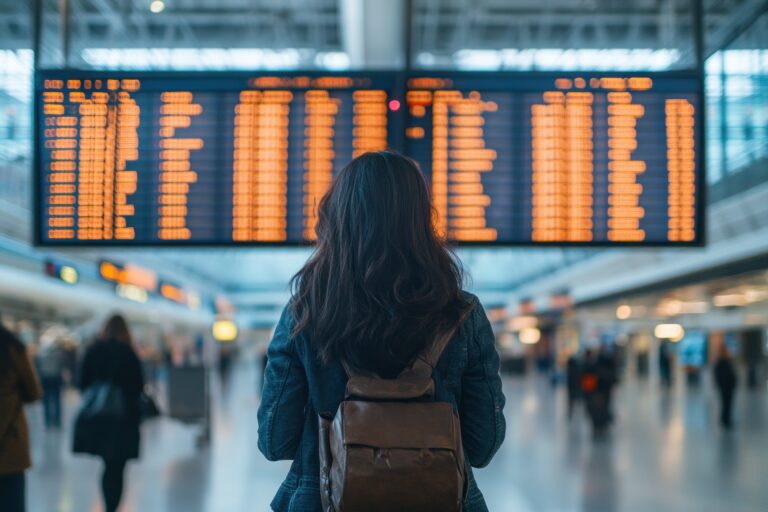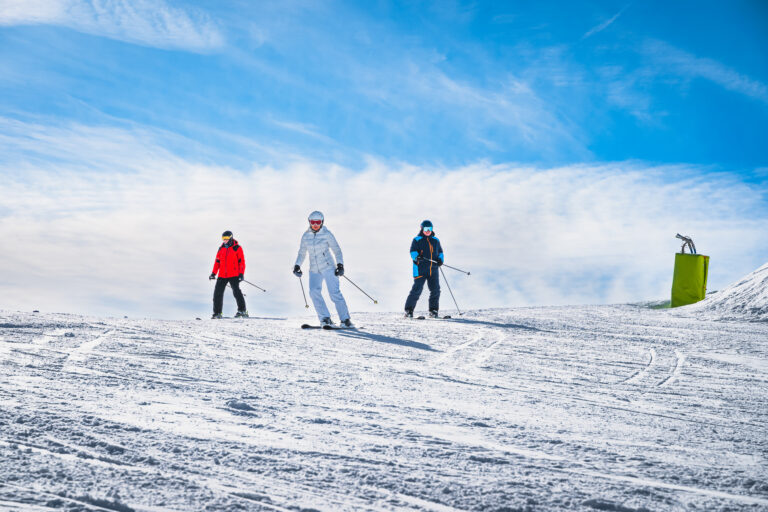
How to Avoid Getting Sick on Holiday
Going on holiday is a time to relax and explore new places. However, getting sick can quickly turn a dream holiday into a nightmare. Here are some practical tips to help you stay healthy and enjoy your holiday to the fullest.
Remember: One of the best ways to guarantee you’re taken care of, if the worst happens is the right travel insurance.
Healthy Flying Tips
A healthy holiday starts with your flight! Flying can be a tiring experience, but with a few simple steps, you can make it more comfortable and reduce the risk of health issues:
- Move Around Regularly: Stretching your legs on a long-haul flight is important to reduce the risk of deep vein thrombosis (DVT). Maintain blood circulation in your legs by performing gentle exercises at your seat and getting up every two hours.
- Wear Flight Socks: Wearing compression socks can help improve blood circulation, reduce swelling, and lower the risk of deep vein thrombosis (DVT) in your legs.
- Wash Your Hands Frequently: Airplanes are confined spaces where germs can spread easily. Regular hand washing or hand sanitiser could mean the difference between getting sick or not.
- Stay Hydrated: Air travel can be dehydrating. Avoid alcohol, tea and coffee before and during your flight, and sip water regularly. This should help you avoid headaches, dry eyes and tiredness.
Sun Safety
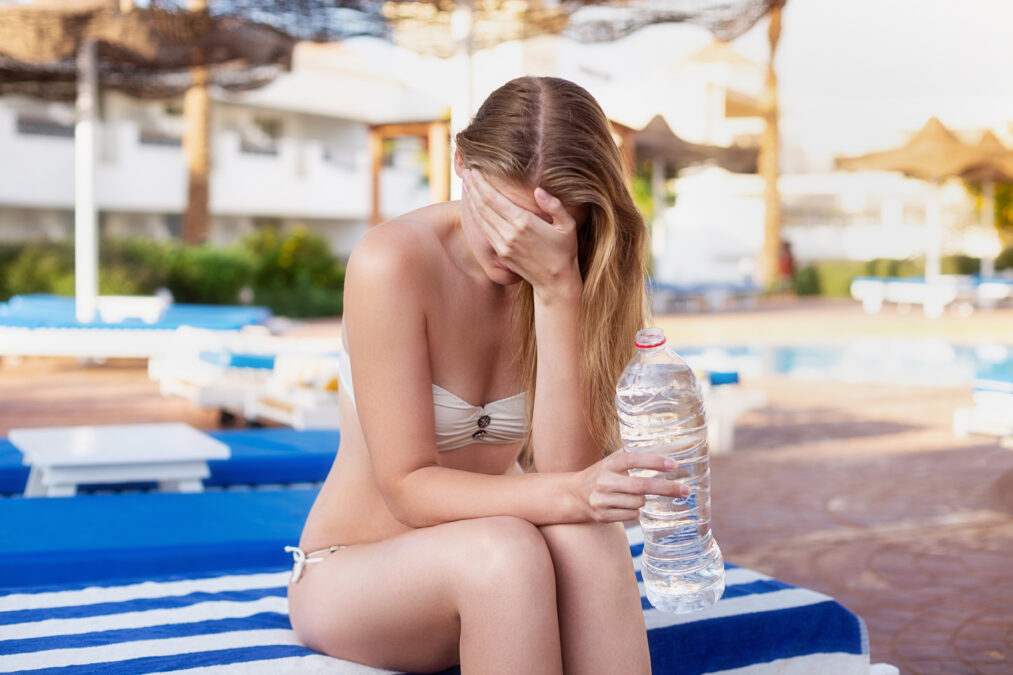
There’s nothing quite like feeling the sun on your skin, but too much of it can catch you out. Here are a few ways you can stay sun-safe:
- Get the Right SPF: Suncream is recommended whenever you are outside, even if it’s cloudy. Check the weather app on your phone to see when the UV index is 3 or more, to help avoid sunburn. Use sunscreen with at least SPF 30 and reapply throughout the day, especially if you’ve been swimming or sweating.
- Cover Up With Clothing: Try and wear protective clothing, like a hat and a t-shirt or a light cover up. Seek shade whenever possible. Try to stay out of the sun during peak hours. If you do get sunburnt, stay out of the sun completely.
- Recognise Heat Exhaustion: Symptoms of heat exhaustion include headache, muscle cramps, nausea, rapid heartbeat, fast breathing, and clammy skin. If you start to feel ill, get in a cool room and out of the sun to make sure you can stay safe and enjoy the rest of your holiday!
Food and Water Safety Abroad
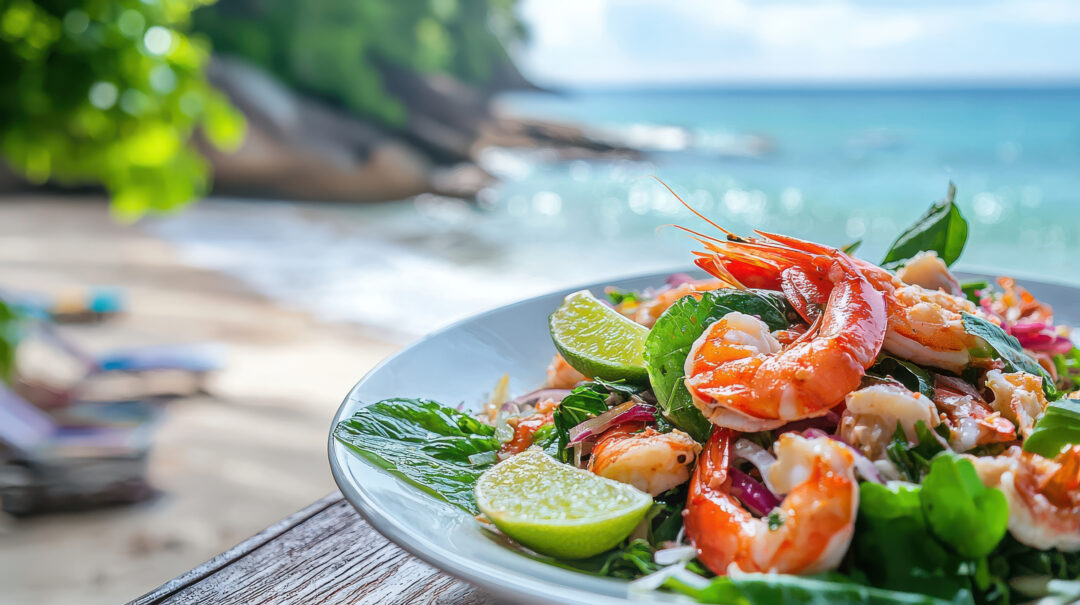
Trying new foods is a highlight of traveling abroad, but it’s important to be cautious about food and water safety. Many illnesses, including travellers’ diarrhoea, hepatitis A, typhoid and cholera are contracted through contaminated food and water. Travellers’ diarrhoea is the most common illness contracted abroad, affecting 20-60% of overseas travellers.[1]
- Avoid Certain Foods: In countries with less stringent food hygiene, avoid salads, raw fruits and vegetables, as these are usually washed in tap water, which can cause a bad belly. Be wary of cooked food left outdoors, raw or undercooked seafood, and food from street vendors – unless you can see how it’s prepared and is served hot on clean dishes.
- Be Cautious With Tap Water: In many countries, tap water may not be safe to drink. Avoid using it for drinking or brushing your teeth, and be cautious about ice in drinks if the water is untreated. Instead, only use filtered, bottled, boiled or chemically treated water. Check if the water at your destination is safe to drink online before you grab a glass.
- Clean Your Hands: Always wash your hands after going to the toilet and before preparing or eating food. Carry hand sanitiser with you at all times in case there is no access to soap and water. Avoid touching your face, as this can transfer germs from your hands to your mouth, nose, and eyes[2].
Immune System and Vaccinations
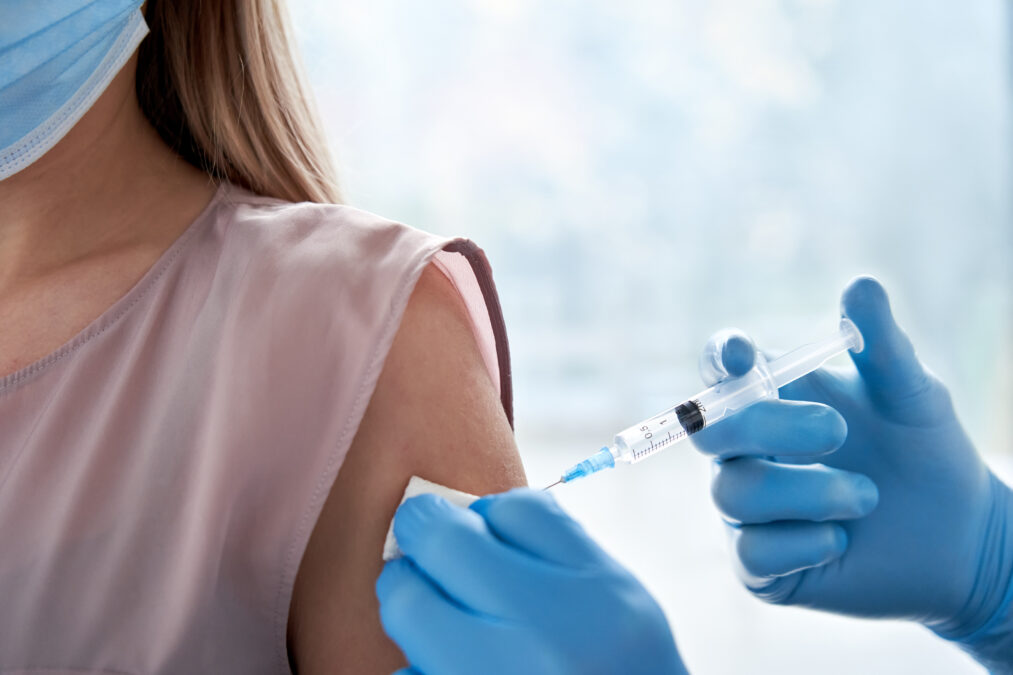
- Stay Up to Date with Vaccinations: Make sure you’re up to date with routine vaccinations and any specific vaccines recommended for your destination. This can protect you from various illnesses and infections. Ask your GP what vaccinations you need for the destination you are headed to.
- Get Enough Sleep: Quality sleep is crucial for maintaining a strong immune system. Aim for at least 7-9 hours of sleep each night. If you’re traveling across time zones, try to adjust your sleep schedule gradually to minimise jet lag.
- Stay Active: Regular physical activity can help keep your immune system strong. Even on holiday, try to incorporate some exercise into your routine, whether it’s a morning jog, a swim, or a hike.
- Manage Stress: Travel can be stressful, and stress can weaken your immune system. Take time to relax and unwind. Practice mindfulness or meditation, and don’t over-schedule your days. Allow yourself some downtime to recharge.
Travel Insurance & Global Health Insurance Card
The Global Health Insurance Card (GHIC) provides access to state-provided healthcare in EU countries. However, it has limitations, such as not covering private healthcare costs or medical repatriation to the UK.
Additionally, it may not cover all treatment costs, leaving you to pay for some services. Therefore, relying solely on a GHIC without additional travel insurance can be risky. Travel insurance is crucial for covering medical expenses if you get sick or injured abroad, providing access to quality healthcare, emergency medical evacuations, and reimbursement for trip cancellations due to illness. Having travel insurance gives you peace of mind, knowing you’re protected against unforeseen circumstances.
Listen to Your Body
If you start feeling unwell, don’t ignore the symptoms. Rest, hydrate, and seek medical attention if necessary. It’s better to take a day off to recover than to push through and risk getting sicker.
By following these tips, you can significantly reduce your chances of getting sick and make the most of your holiday. Safe travels and enjoy your adventure!
Liked this blog? Be even more prepared with our guide on What to Do If Your Passport is Lost or Stolen.
Planning a trip soon? Avoid unexpected medical expenses by getting a travel insurance quote today!
[1] 111.wales.nhs.uk/travelhealth/foodwater/



